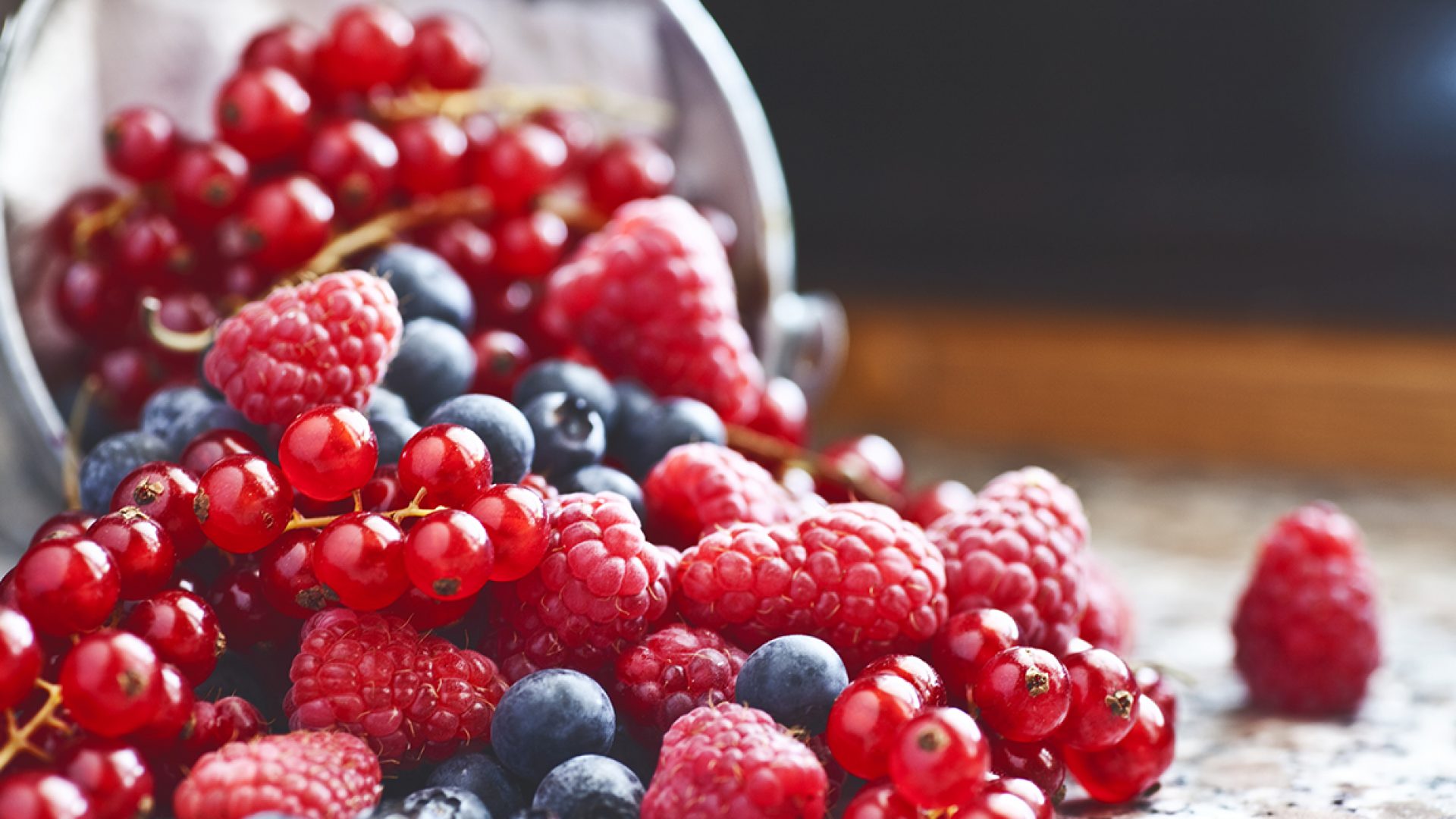For some of us, keeping our kitchen properly stocked can be difficult – and costly. In this U.S. News article from Geoff Williams, a collection of chefs and home improvement experts offer their professional advice on how to manage your kitchen at home in the most successful and economical ways.
If you’ve ever felt overwhelmed in your kitchen, it’s understandable. After all, if your job doesn’t involve food preparation, you spend most of your time thinking about something completely different. Many amateur foodies know exactly how to run a kitchen, but not everyone is a natural-born cook.
However, if you don’t know what you’re doing in the kitchen, it could be costing you. According to the nonprofit organization Feeding America, the country wastes 70 billion pounds of food every year. If you have appliances that are energy hogs, that’s even more money down the drain.
U.S. News asked a handful of home-improvement experts, chefs and the like how they manage their own kitchens. If you know what you’re doing, much of what follows is common knowledge, but if you’re clueless about culinary arts, these suggestions may be your life raft.
Staples.
Since you can’t have entire grocery aisles in your kitchen, you need a selection of go-to items to grab when you’re trying to get something on the table for dinner, without ordering pizza. Chef Erika Gradecki, owner of a personal chef business Food For Your Soul, in New London, Connecticut, always has the following in her kitchen:
Spices and herbs. If you aren’t a personal chef and just want a few must-have spices and herbs, Gradecki would pick Italian seasoning.
“This is usually a combo of thyme, oregano, basil, rosemary and sometimes marjoram,” she says. “It doesn’t have to be a fancy brand, and doesn’t have to have exactly all of those. It’s cheaper than buying those herbs separately, and they complement each other well.”
She also recommends buying cumin. “This is a great spice for anything from soups, chili and stews to meats, curried foods, etc. It gives you a little kick without too much spice,” she says.
And keep all-purpose seasoning on hand, Gradecki advises. “Usually salt, pepper and garlic salt as a base,” she says. “Some add turmeric or a few other additions to the mix. Like the Italian seasoning, this is a great go-to if you’re on a budget, and it seasons just about anything.”
Condiments. The biggies are cooking oil, [cooking] spray, sugar, brown sugar, baking soda, baking powder and molasses, Gradecki says.
Old-fashioned oats. “Different from quick-cooking oats, which are cut smaller and get pretty mushy when cooked, old-fashioned oats are able to keep [their] shape when cooked. They’re a great source of fiber, which keeps you fuller longer, and can be used for breakfast, baking and more,” she says.
Rice. It’s versatile, not to mention cheap and filling, she adds.
Butter, eggs and milk. Most recipes call for at least one of these, Gradecki says.
Of course, everyone has their own definition of “staple.” Carlo Filippone, chef and CEO of the Clifton, New Jersey-based Elite Lifestyle Cuisine, which delivers chef-prepared meals to homeowners, agrees that eggs are vital, but also suggests having spinach, natural peanut butter, lean poultry, potatoes and mixed greens in-house as often as possible, because they all work well in a variety of meals. (OK, the peanut butter, he says, is for snacking.)
For Cheryl Rios, a Dallas-based business owner who cooks daily and comes from a large Sicilian family, pasta and olive oil are necessities.
“If you can only afford these two items to always have, then you always have a meal on hand,” Rios says. “If you’re really broke, fry some garlic in olive oil, boil the pasta, then drain and mix them together. If you have Parmesan cheese, sprinkle on top, and if you have breadcrumbs, fry them up in the garlic and olive oil and add to pasta.”
Kitchen tools.
You could become overwhelmed, and very broke, trying to anticipate every cooking utensil you might need, especially if you’re stocking your first kitchen. But the basics include: a pot, skillet, casserole dish, spatula, baking sheet, plates and silverware. Beyond that, knives are always handy, says Anna Carl, a consumer scientist at Whirlpool Corporation’s Institute of Home Science.
“You don’t need a specialized knife for every task,” Carl says, but she recommends having “a basic chef’s knife with a broad cutting blade, a bread knife with a serrated blade and a basic paring knife for peeling and small jobs.”




